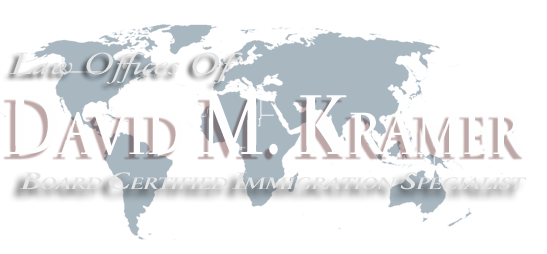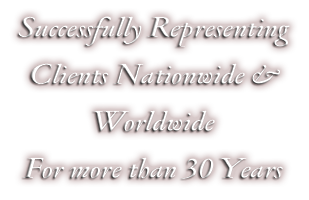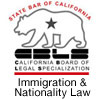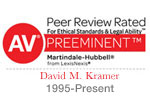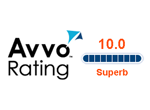Q & A
Filing for Permanent Residency
The process to remove the conditional basis of your green card and to make it permanent involves filing an application with USCIS with documents supporting the fact that you and your spouse are still living together as husband and wife. If your documents are sufficient, the USCIS will usually approve your application within 6 months without interview. If an interview is necessary, the USCIS will usually schedule one within 3-6 months. The application should be filed within 3 months of the expiration date of your conditional status.
You may apply for citizenship after you’ve been a conditional resident or permanent resident for a total of 3 years while married to and living together with your U.S citizen spouse. You are allowed to file for citizenship within 3 months of the expiration of the 3 year period.
Difference Between L-1 and E Visas
Q: My parent company in Japan wants to transfer me to open a new office in the U.S. for me to manage. What is the major difference between an L-1 and an E visa? I have heard that L-1 visas are becoming more difficult to obtain.
A: Since the U.S. company is brand new, an L-1 visa is limited to one year to start. After the first year, the U.S. company–if it has expanded its operations and work force–can apply to extend your status in 2-year intervals for a maximum of 7 years if your position is managerial. One of the main advantages of an E visa is that the visa is valid initially for up to 5 years with unlimited renewals at 5-year intervals. Every time the applicant enters the U.S. within the 5-year period, he or she gets a 2-year extension on his or her stay. Also, the applicant for an E visa can bypass the USCIS and can apply directly at the US consulate or embassy.
National Interest Waiver (NIW) Entrepreneurs
Q: I read that the USCIS just announced a new interpretation of the EB-2 immigrant visa category to allow entrepreneurs to obtain employment-based second preference classification and also qualify for a national interest waiver. What are the requirements to qualify under the National Interest Waiver?
A: The entrepreneur must first demonstrate that he or she is a member of the professions, holding an advanced degree, or is an individual of exceptional ability. In order to obtain a national interest waiver, an entrepreneur, even if self-employed, must prove that he or she will serve the national interest to a substantially greater degree than do others in the same field having the same minimum qualifications for the job. For example, an entrepreneur who can demonstrate that his or her business enterprise will create jobs for US workers may qualify for a national interest waiver. The USCIS will look at the entrepreneur’s past record of accomplishments as well as other factors in making that determination.
